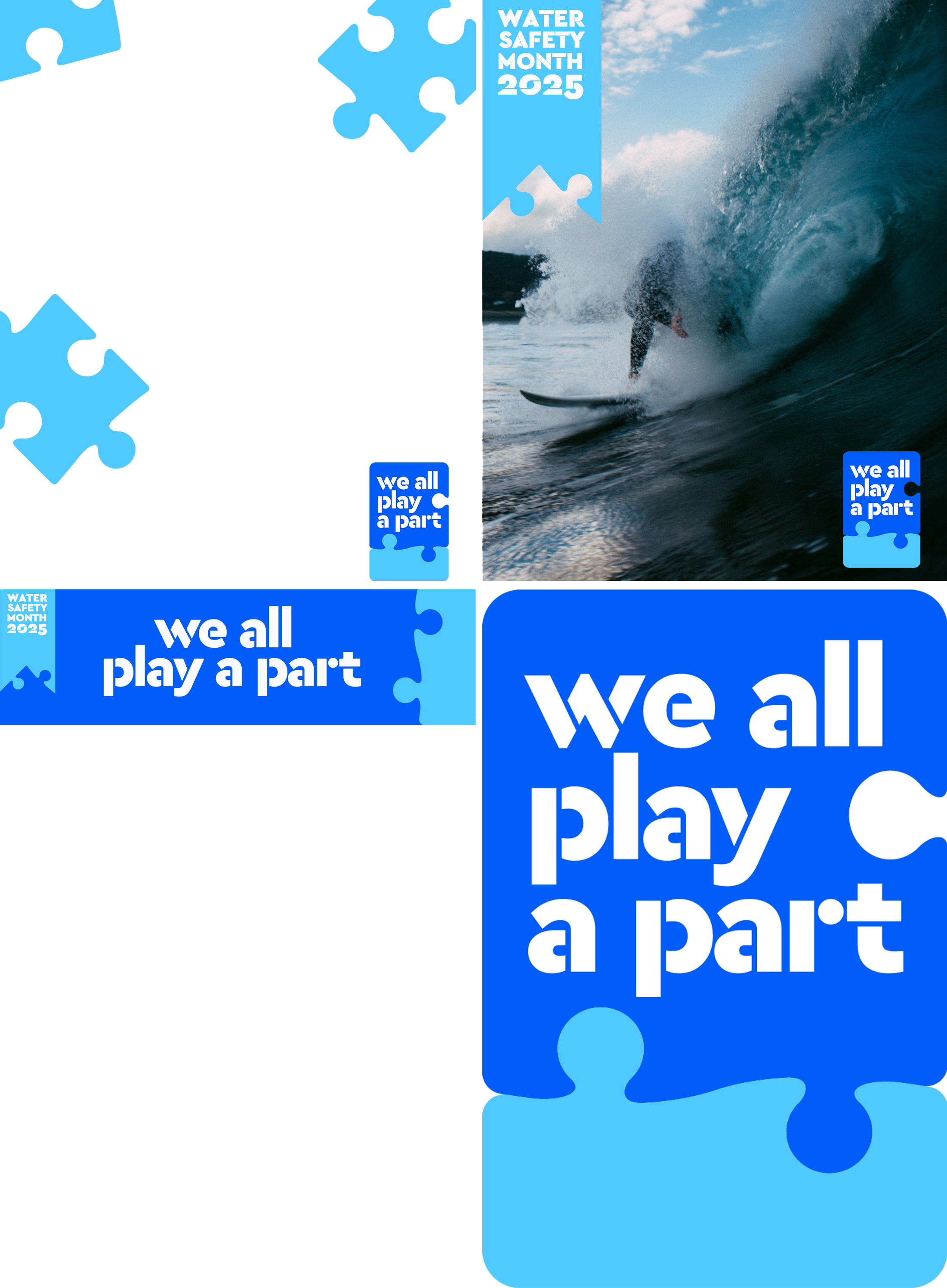Unexpectedly slipping and falling into water is a major contributor to drowning incidents across New Zealand.
After a significant rise in fatalities in 2023 driven by multiple severe weather events, settled weather in 2024 has seen numbers return to expected levels. There were 20 drownings related to slips and falls over the past year—a significant reduction (36%) compared to the 10-year average of 31.1 drownings for this category.
Except for those trying to rescue others in trouble, the common element linking all other drownings related to slips and falls is that victims were alone when they ended up in the water.
The 20 drownings in 2024 were:
Life-saving floating skills
One of the most effective solutions to this issue is mastering the skill of floating. Floating isn't just a simple water skill—it's a critical life-saving measure that keeps your head above water, prevents panic, and buys valuable time.
Practice floating in different conditions – calm lakes, pools, rivers, and even ocean water.
Wear a lifejacket. It may save your life.
Safety around water
- Wear appropriate footwear with good grip - avoid smooth-soled shoes near wet surfaces.
- Be particularly cautious around New Zealand's rocky coastlines, tidal pools, and river stones which can be extremely slippery when wet.
- Watch for changing tide or weather conditions that can alter surface grip and water levels.
- Take a buddy when you head out to enjoy New Zealand’s aquatic environments, and tell someone where you are going and when you expect to return.
- Think before reacting: Do you really need to go in, or are others better positioned to help?
- If entering the water is necessary, bring additional flotation to help both yourself and the other person.
Anyone supervising young children in or around water must remain vigilant and always stay in close contact to ensure their safety.
Councils and facility managers with infrastructure near water should consider how they can minimise potential unintended falls. Good design should reduce this risk and make it easier for people to quickly exit the water if they do fall in.

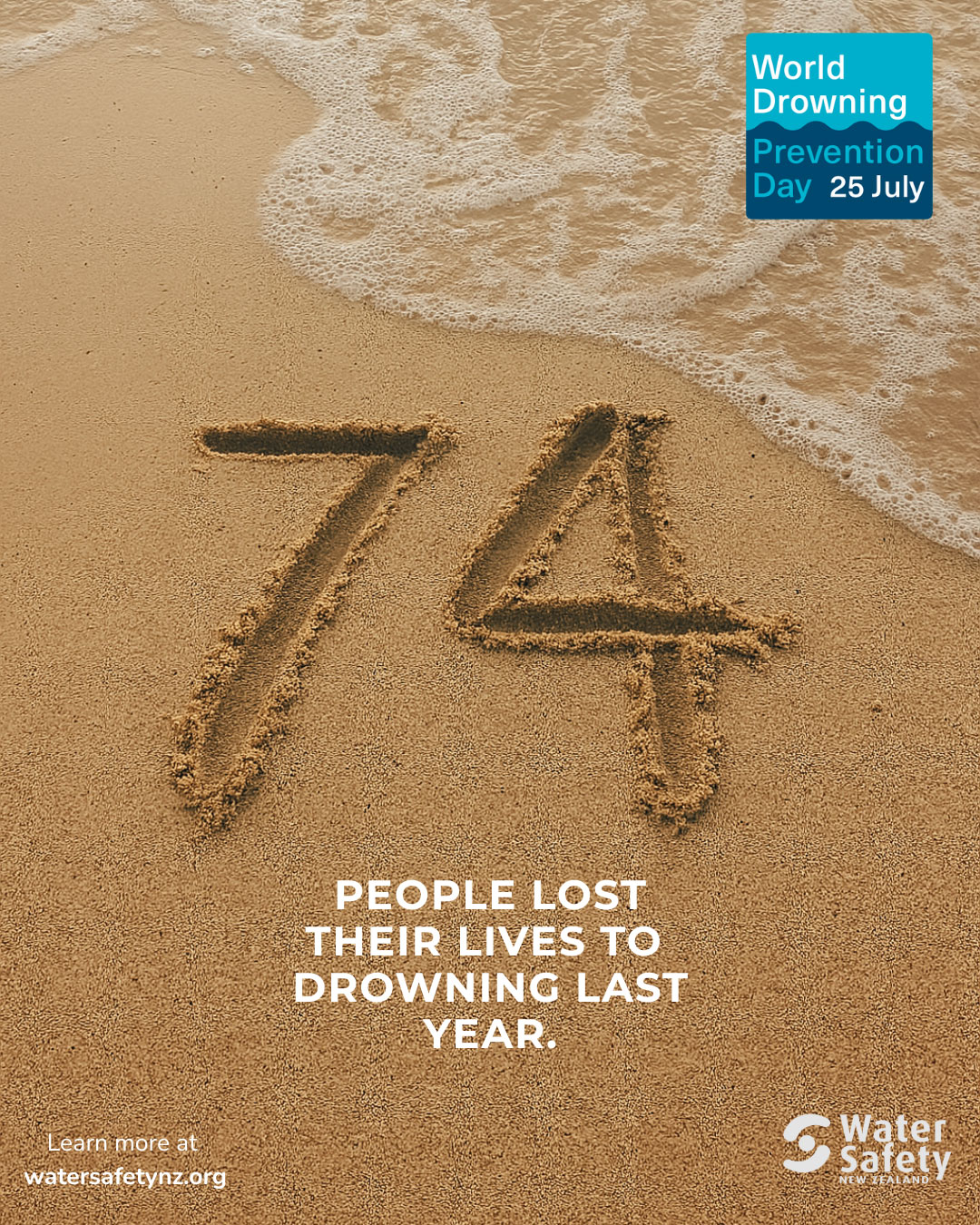
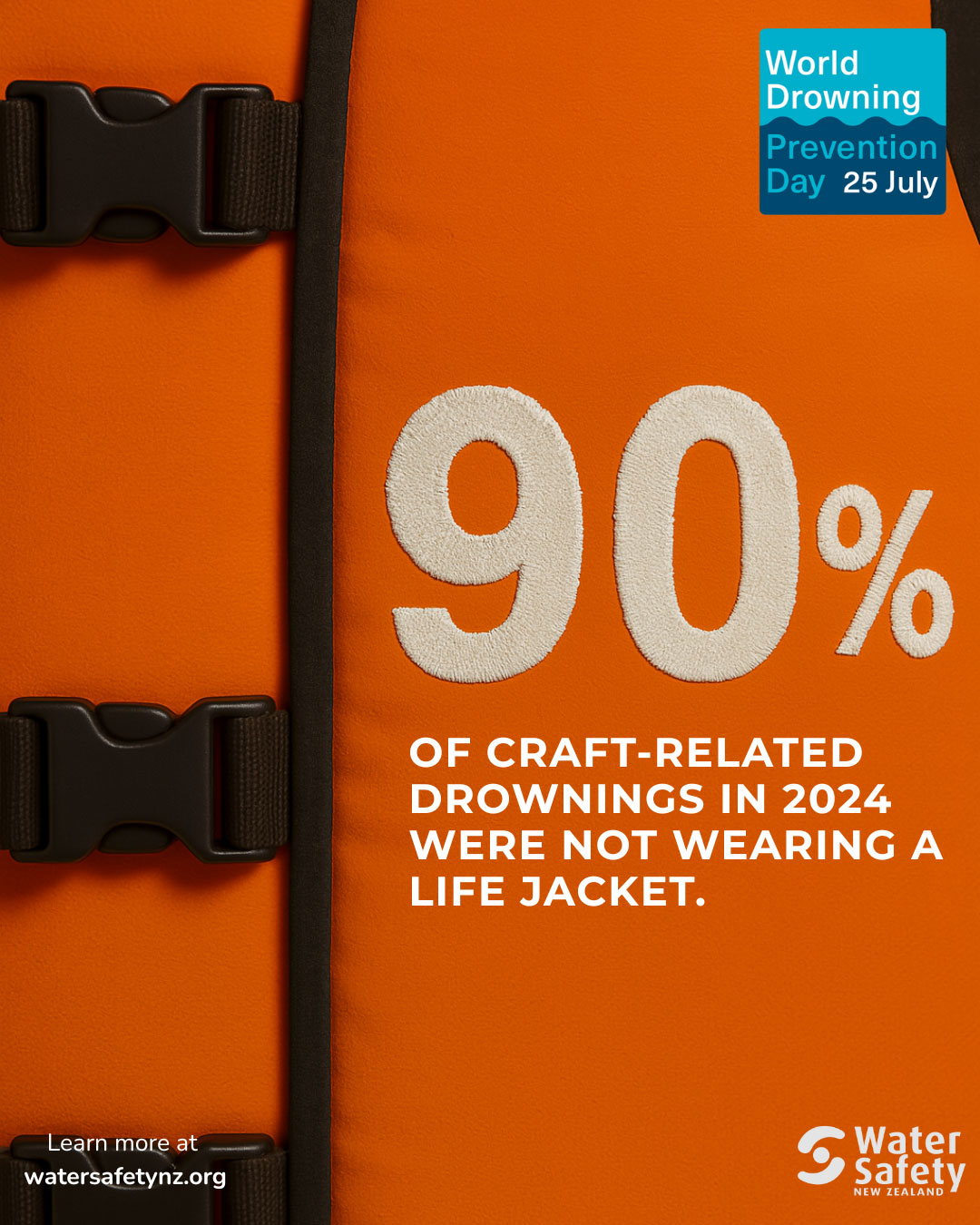
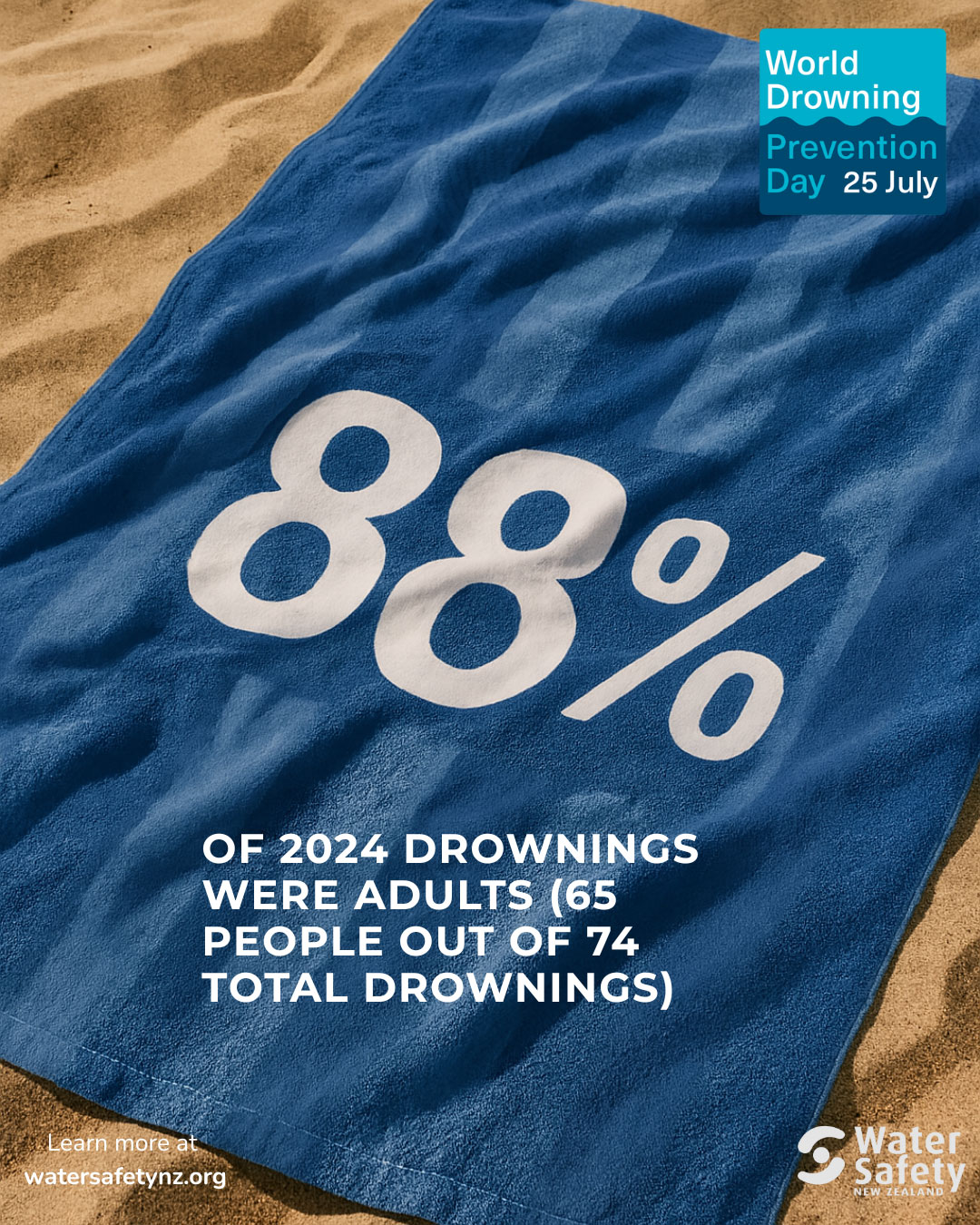
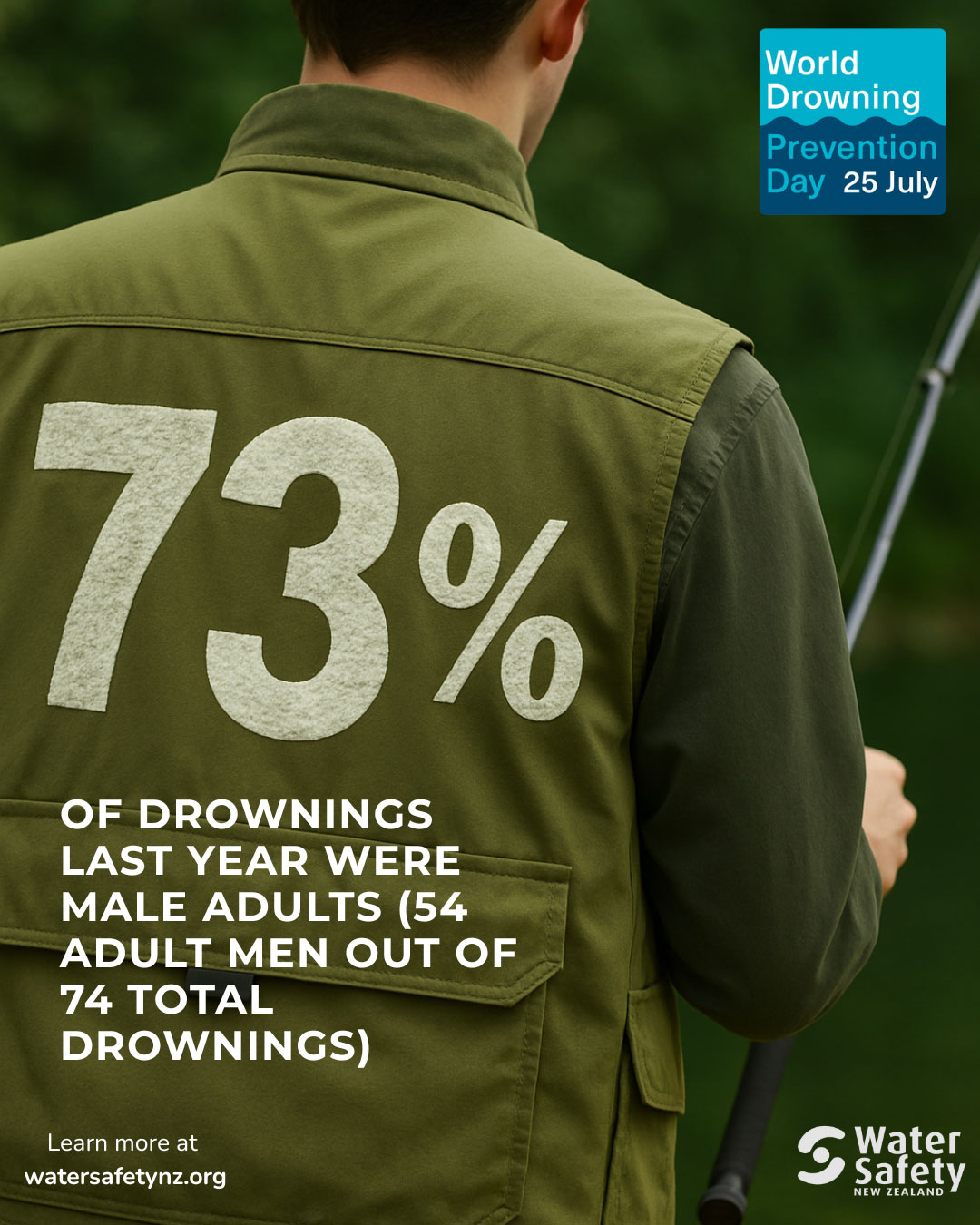

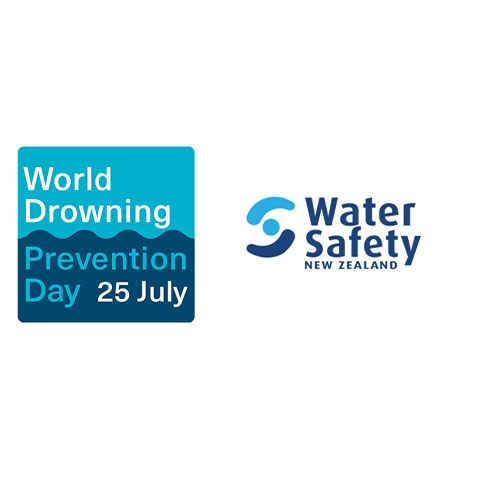
.jpg)
